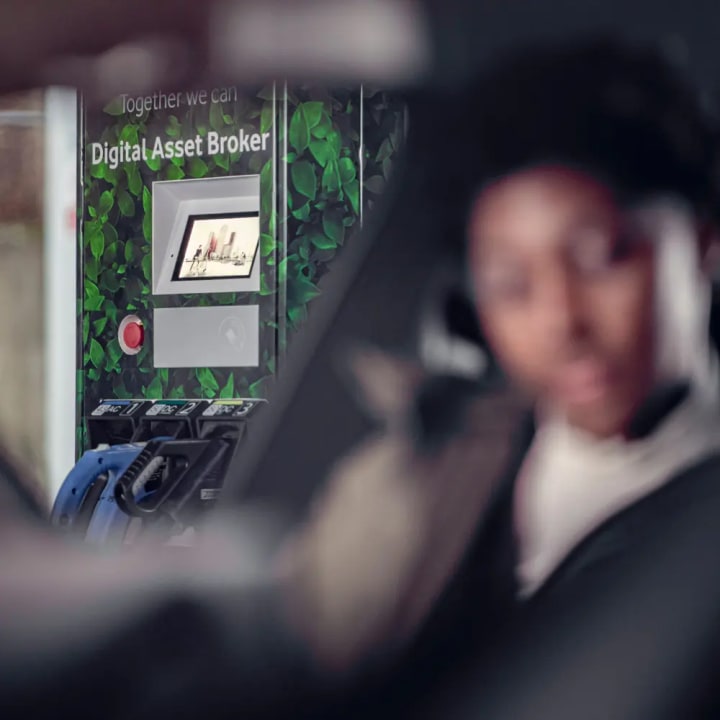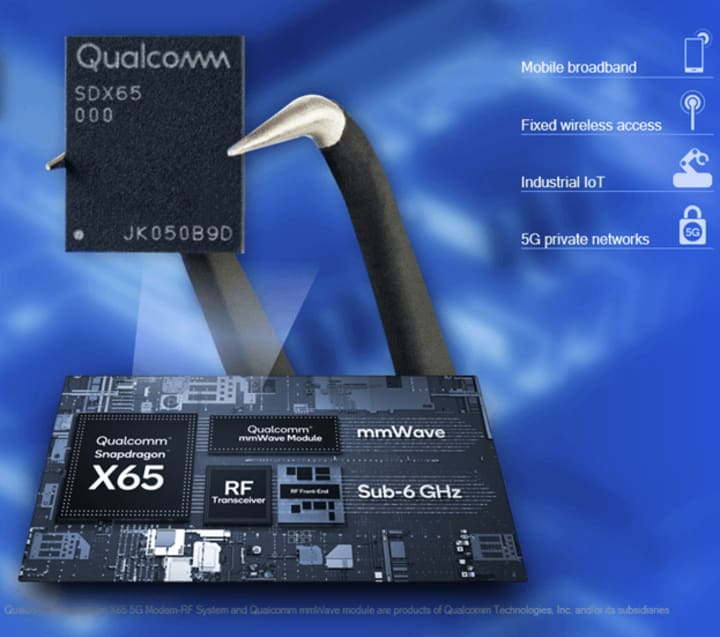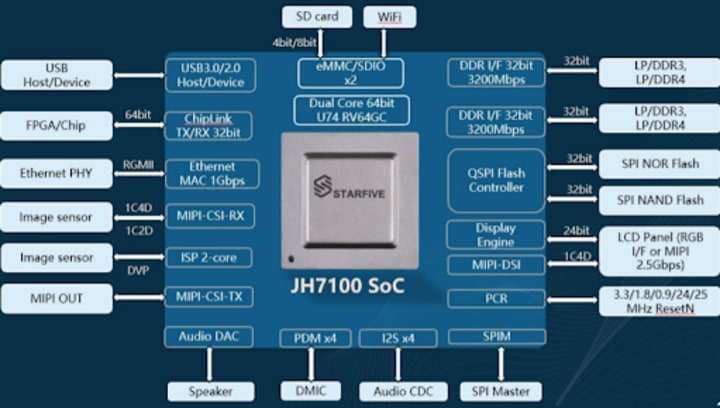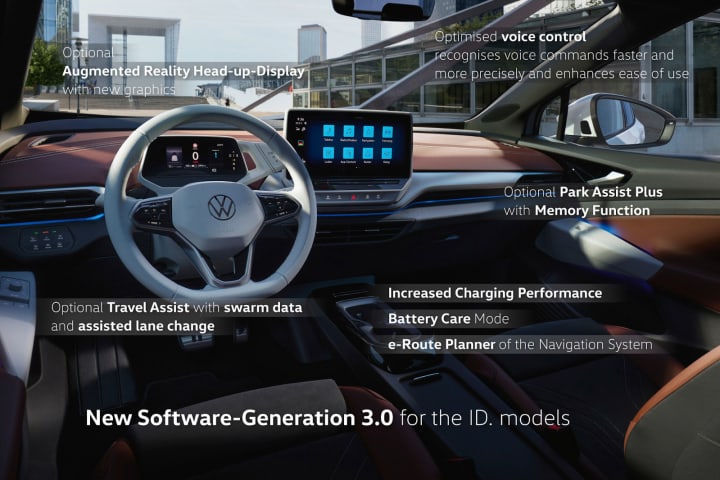The State of IoT – March 2022
Edoardo Barbieri
on 30 March 2022
Tags: IoT , stateofiot

It’s Wednesday, and you have less than 2 days to make the quarter. Busy month with no time to catch up with the latest info? No problem! Get up to speed with this curated list of bite-sized chunks of IoT news.
In case you missed it, here is the State of IoT from last February!
Delays Matter
The Connectivity Standards Alliance (CSA) recently announced a delay in the release of the specification of Matter, the royalty-free connectivity standard suited for smart home devices. Formerly Project Connected Home over IP, or Project CHIP, Matter is an IPv6-based connectivity standard defining the application layer deployed on devices with Wi-Fi support, Thread, and Bluetooth Low Energy (BLE). Although the Matter specification is proprietary, i.e., licensed by the CSA, the code is open-source.
Citing additional tests and the Alliance’s Specification Validation Event to date, Matter’s SDK will be feature complete this spring, with Version 0.9 of the specification available to all Alliance members towards mid-year. Earlier in the year at CES 2022, Matter made great strides in staking a claim in what had, so far, appeared to be a melting pot of incompatible devices.

The delay in the publication of the standard, however, further pushes back the shipment of Matter-certified products. Expectations will have to be held in check in the upcoming months, as enthusiasts start slowly questioning the role played by Matter as the end-all-be-all solution for smart homes.
Vodafone rolls out its “Economy of Things”
From finding an available charging point to the right app with an approved payment method for the charging network, EV drivers may find the experience of charging an electric car frustrating.
Vodafone recently unveiled the Digital Asset Broker (DAB) platform, aiming to address these pain points via a single solution enabling a safe exchange of information between devices and cars. By assigning each electric vehicle with a digital identity passport associated with the authorised driver, DAB establishes a secure connection to confirm the vehicle’s identity when plugged into the charging point.

The new platform will work out-of-the-box with “things” on Vodafone’s IoT network, as well as integrate with third-party devices. Also, DAB will leverage blockchain technology to ensure the security of connected devices and payments.
Although it remains to be seen the extent to which the “Economy of Things” platform will pick up in the market and how interoperability with third-party solutions will be handled, Vodafone is certainly making tangible contributions to advancing the state-of-the-art at the intersection between secure connections, digital identities and networks.
Linux releases Linux 5.17
Linus Torvalds released Linux 5.17 just a few days ago. The release has some changes interesting to the silicon vendors, invariably affecting the IoT landscape.

Qualcomm added support for the Snapdragon X65 platform, featuring an ARM Cortex A7 CPU running a minimal Linux. The Snapdragon X65 profiles up to 10 Gbps peak download speeds with support for Sub-6GHz 5G.
Among its most notable features, the extended mmWave capabilities and improved power efficiency make it a good fit for industrial automation. With the recent successful attempts to get support into mainline, the Snapdragon X65 is poised to play a relevant role in IoT within the years to come.
It is noteworthy to see an ongoing tightening of Linux and RISC-V, empowering a new era of processor innovation with its free and open Instruction Set Architecture, with the 5.17 kernel release not disappointing in that regard. The 5.17 release saw considerable updates for the StarFive JH7100, a low-cost RISC-V SoC, with the PR pushing for mainline support explicitly stating it “[…] promises to be the first usable low-cost platform for RISC-V.”

Designed for AI/ML workloads, the StarFive JH7100 is featured in the VisionFive V1 SBC, touted as the world’s first-gen of affordable RISC-V boards running Linux.
Volkswagen ships software generation 3.0
Automobile manufacturer Volkswagen released Software 3.0., the latest update to the all-electric ID.3. Among the key features introduced with 3.0 are assisted lane changing, increased charging performance and optimised voice control.
Touted as “the blueprint for Volkswagen’s future“, the ID.3 was first launched in 2020. Volkswagen then shipped over-the-air (OTA) updates last year, in the ID. software update 2.3.

Volkswagen Software 3.0 update for its electric ID. models is in line with the momentum in the automotive industry, where OEMs expect the OTA updates to be transactional for reliability and with deltas to minimize network traffic.
A recurring theme in automotive is the full embrace of a software-defined approach to the vehicles, i.e. being capable of updating their functionalities through OTA software upgrades. It would be a mistake, however, to refer solely to the vehicle, as the whole business of automotive is reshaping in what nowadays may aptly be called a software-defined industry.
Intel invests in semiconductor manufacturing and R&D in the EU
Just a few weeks after announcing a new $1 billion fund to aid “companies building disruptive technologies”, Intel confirmed its presence at the cutting-edge of innovation by revealing ambitious plans for semiconductor manufacturing and R&D across Europe.
A month ago, the EU Commission unveiled the European Chips Act to make Europe a leader in the semiconductor landscape and strengthen its resilience via homegrown technologies. With the Commission stating its goal of having 20% of the world’s microchips production in Europe by 2030, Intel is committed to playing a central role in shaping Europe’s digital future for decades to come.
Following on from the recent supply-chain shortages across the semiconductor industry, investments in the EU do point to renewed interest in a more resilient supply chain. Mid-march’s announcement comprises an initial €17 billion to build a semiconductor fab mega-site in Magdeburg, Germany, a design hub in France, as well as manufacturing and foundry services in Ireland, Italy, Poland and Spain.

Addressing the global needs for a balanced supply chain, Intel plans on bringing its most advanced technologies to the old continent, helping spur growth in the next-gen EU chip ecosystem.
Stay tuned for more IoT news
We will soon be back with next month’s summary of IoT news. Thanks for reading!
In case you missed it, here is the State of IoT from last year. Make sure to check it out!
Further reading
Why is Linux the OS of choice for embedded systems? Find out with the ultimate guide to Linux for embedded applications.
Interested in a detailed comparison of Yocto and Ubuntu Core? Watch the Yocto or Ubuntu Core for your embedded Linux project? Webinar.
Want to learn more about the difference between real-time and embedded Linux? Dive into the mini-series on the low latency Linux kernel.

IoT as a service
Bring an IoT device to market fast. Focus on your apps, we handle the rest. Canonical offers hardware bring up, app integration, knowledge transfer and engineering support to get your first device to market. App store and security updates guaranteed.

IoT app store
Build a platform ecosystem for connected devices to unlock new avenues for revenue generation. Get a secure, hosted and managed multi-tenant app store for your IoT devices.
